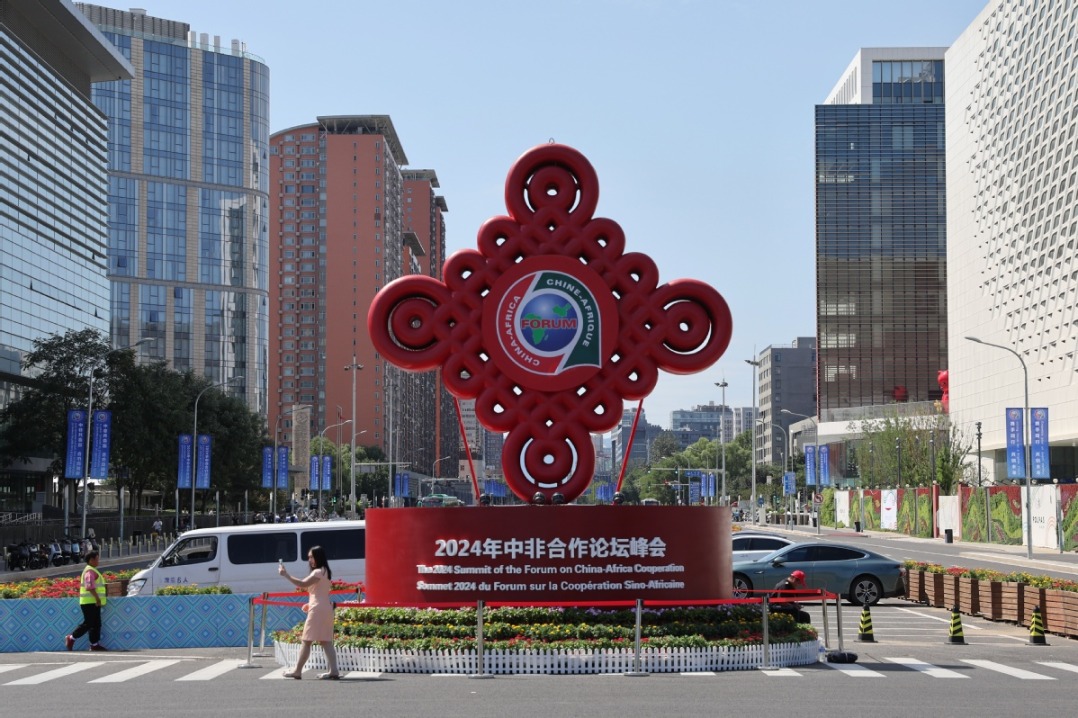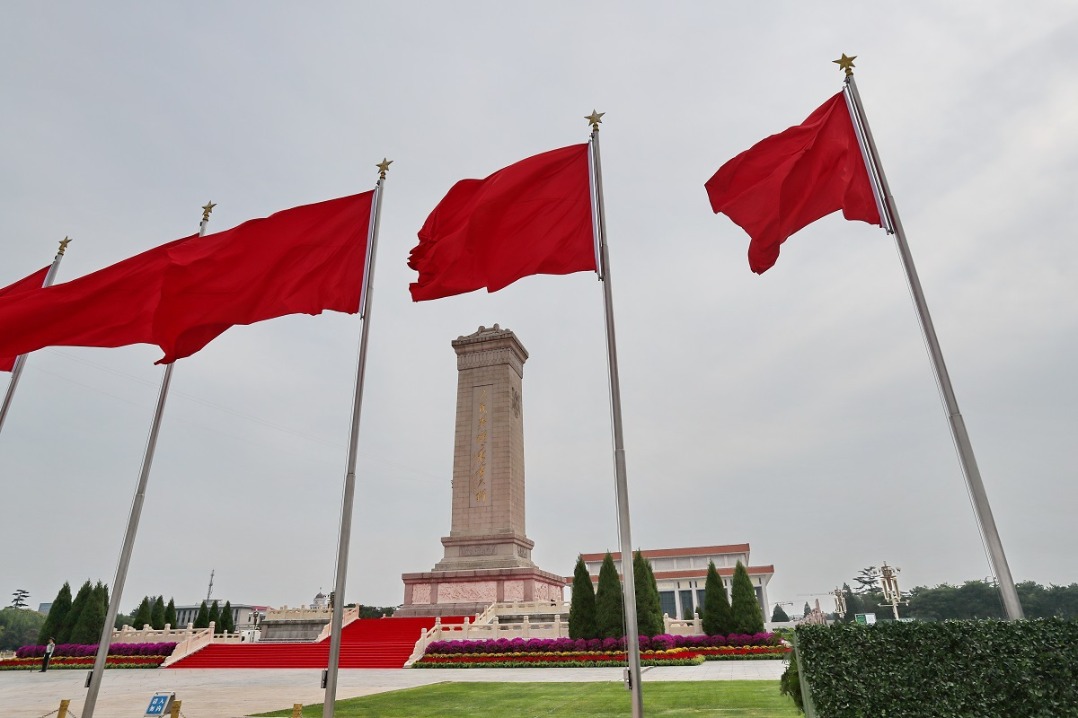Lancang-Mekong cooperation leaves no space for divisive wedge
By Li Yang | China Daily | Updated: 2024-08-19 08:09

The ninth Lancang-Mekong Cooperation Foreign Ministers' Meeting held in Chiang Mai, Thailand, on Friday issued a substantial news release reaffirming the commitment of the six countries along the river to further strengthen their across-the-board cooperation, ranging from trade and the economy to fighting cross-border crimes, environmental protection and disaster prevention and relief.
Senior diplomats from China, Thailand, Vietnam, Myanmar, Cambodia and Laos took advantage of the meeting to carry out multiple bilateral and multilateral meetings on many issues of common concern and interest in the region and beyond.
They vowed to work together to maintain the rapid development momentum of the Lancang-Mekong cooperation mechanism, deepen comprehensive and pragmatic collaboration, enhance mutual trust, expand common interests, further strengthen good-neighborly friendship, and jointly build a Lancang-Mekong community with a shared future for peace and prosperity.
The amicable atmosphere in which the talks were carried out in good faith and the achievements of the meetings indicate that, despite some external parties' attempts to sow discord among these countries, they remain vigilant about the risks of being distracted from their development agenda. Serving as a piece on the board of certain major countries in their geopolitical games harms their national interests and also risks sabotaging regional stability.
The lessons of history have made them clearheaded that only through cooperation and communication can they continuously increase their common interests and promote a stable and peaceful external development environment.
That's why, as the meeting in Chiang Mai shows, all six countries firmly adhere to multilateralism and open regionalism and resolutely resist zero-sum games and the calls for "decoupling".
As Chinese Foreign Minister Wang Yi said at the meeting, China is willing to strengthen cooperation with the other five countries in artificial intelligence technology, innovation, high-tech research and aerospace programs. That fully demonstrates the earnestness of China to share its development opportunities with its neighbors, as Beijing believes regional common development serves all parties and a widening development gap between neighbors can not only cause a host of cross-border issues but also create the space for a wedge to be easily driven between them by external parties looking to play one country against another.
























